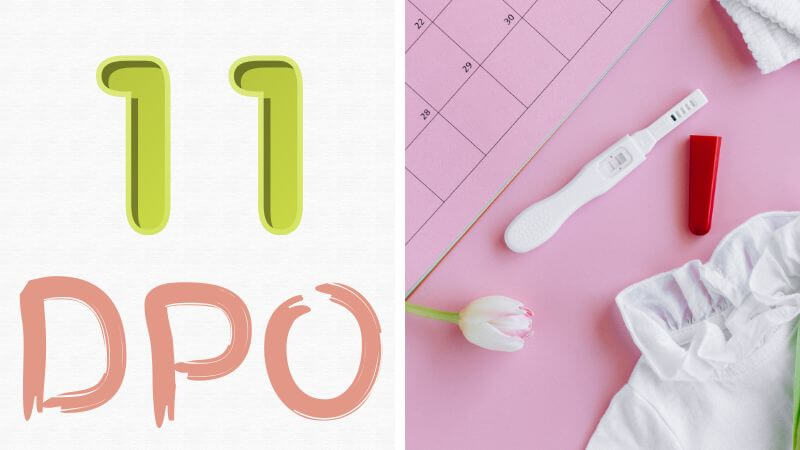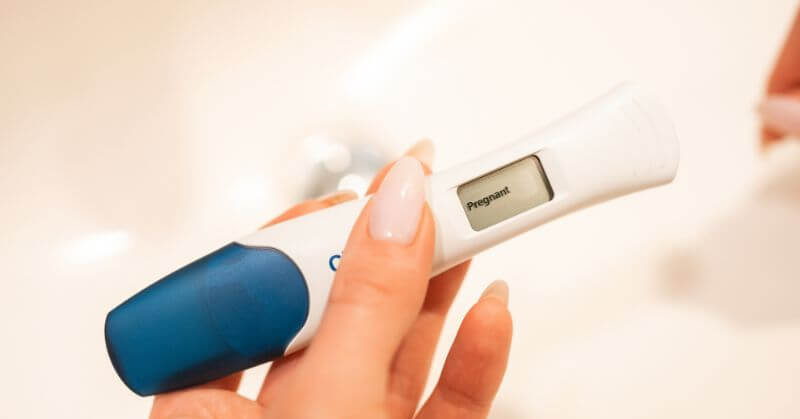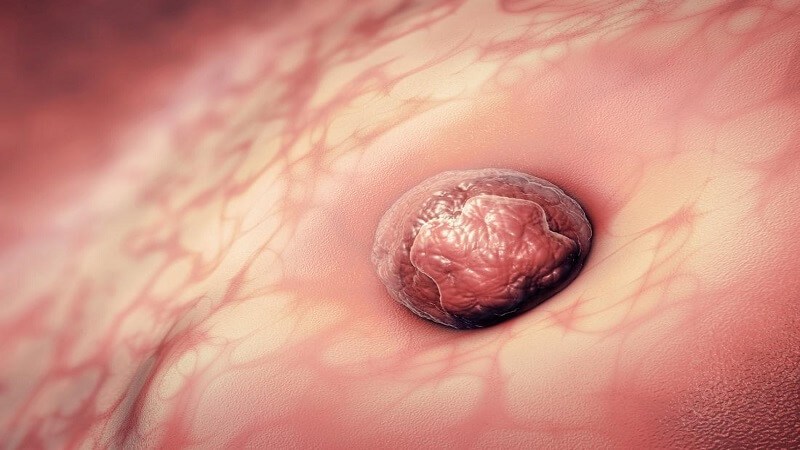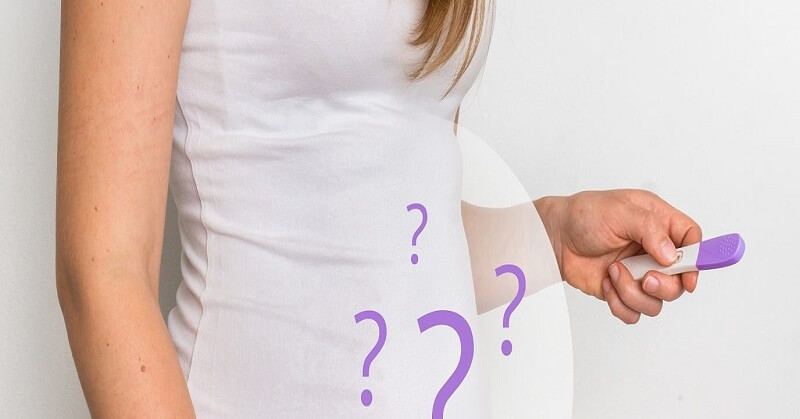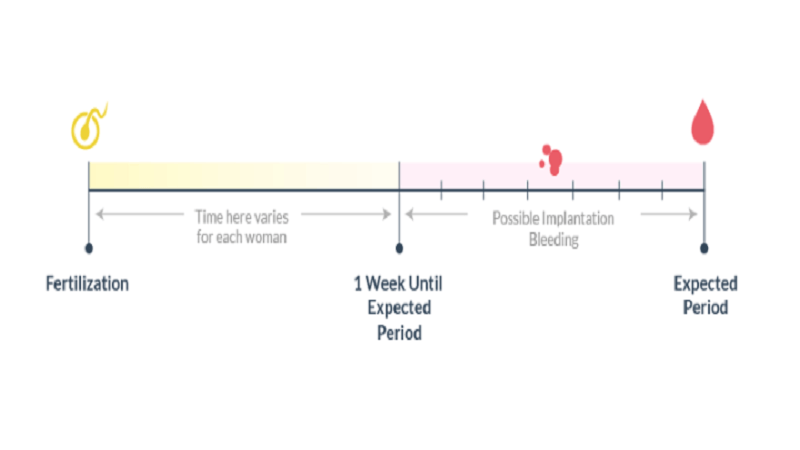Some women don’t start experiencing pregnancy symptoms until weeks after a missed period, while others start experiencing them as early as 6-10 days post-ovulation. At this stage of a potential pregnancy, the fertilized egg implants into the uterine lining. In this blog post, we will try to understand in detail about 11 days post-ovulation (DPO) or 11 DPO
Timing is everything when trying to conceive, and the DPO (days past ovulation) is no different. When you are 11 days post-ovulation (DPO) or 11 DPO, your body has begun to produce higher levels of hCG, estrogen, and progesterone in preparation for pregnancy (and yes, you can test your estrogen levels at home).
Many women wait for pregnancy to confirm their TTC efforts by watching for the combined hormonal changes that can occur early in the pregnancy.
11 DPO Pregnancy Test
Taking a pregnancy test at 11 days post-ovulation is not 100% accurate. Which is to say, it’s possible for a pregnancy to exist despite a negative test result.
The optimal time to take a pregnancy test is 12 days post-ovulation. In all likelihood, a positive pregnancy test result will have been obtained by then.
Why? Based on research published in the New England Journal of Medicine in 1999, implantation typically takes place between days 8 and 10, with the most common day being day 9. And depending on how sensitive your home pregnancy test is, it can take up to two days after implantation for enough hCG to build up in your system to reach the threshold of a positive result.
Therefore, a positive pregnancy test at 11 days post-ovulation is still too soon to interpret. However, if you feel compelled to take a pregnancy test, make sure you use the most sensitive at-home kit available.
11 DPO Symptoms
It takes between 6 and 12 days after ovulation for an egg to implant in the uterine lining. Implantation is followed by the production of hCG, the pregnancy hormone responsible for early pregnancy symptoms, and the target of pregnancy tests. Typical pregnancy symptoms typically start appearing as HCG levels rise.
At 11 weeks pregnant, the most common symptoms are:
- bloating
- mood swings
- implantation bleeding
- fewer bowel movements
- tiredness
- headaches and muscle aches
- morning sickness
- food cravings
- increased nipple sensitivity
- breast tenderness
These are some of the early pregnancy symptoms you can experience at 11 DPO.
11 DPO BFN
The presence of hCG in your urine or blood at 11 days post-conception can be used to confirm pregnancy (if it turns out you are pregnant, you can use our online hCG calculator to track your hCG levels). There are, however, indicators that can help you determine whether you are actually pregnant or 11 DPO BFN.
A lack of fatigue, swollen and tender breasts, dizziness, headaches, unusual cravings and tastes, and backache (in addition to the 11 DPO pregnancy symptoms described earlier in the article) is a strong indicator that you are not pregnant. Some women, however, may become pregnant without exhibiting any of the typical early pregnancy symptoms.
It’s possible that a BFN on a pregnancy test taken 11 days post-ovulation is actually a false negative. Repeat the examinations the next day to make sure.
11 DPO Negative Test
Taking a pregnancy test at 11 days post-ovulation is not 100% accurate. This is to say, it’s possible for a pregnancy to exist despite a negative test result.
The optimal time to take a pregnancy test is 12 days post-ovulation. In all likelihood, a positive pregnancy test result will have been obtained by then.
Why? Based on research published in the New England Journal of Medicine in 1999, implantation typically takes place between days 8 and 10, with the most common day being day 9. And depending on how sensitive your home pregnancy test is, it can take up to two days after implantation for enough hCG to build up in your system to reach the threshold of a positive result.
Therefore, a positive pregnancy test at 11 days post-ovulation is still too soon to interpret. However, if you feel compelled to take a pregnancy test, make sure you use the most sensitive at-home kit available.
Implantation Bleeding 11 DPO
The bleeding that occurs during the implantation process typically begins around day 10 to day 14 after conception, which is also the time that a period is typically expected. The bleeding associated with an implant may last for a few days, but it is typically less heavy than that associated with a period.
11 DPO Symptoms Leading To BFP
The 11 symptoms of DPO leading to BFP can be easily overlooked. Furthermore, it is entirely possible to be 11 days post ovulation with no pregnancy symptoms at all.
Many changes occur in the body during the first few months of pregnancy. Physical changes are beginning to take place as hormone levels and blood volume rise. Symptoms may start to show up around 11 days post-ovulation.
11 DPO Implantation Bleeding
The bleeding that occurs during the implantation process typically begins around day 10 to day 14 after conception, which is also the time that a period is typically expected. The bleeding associated with an implant may last for a few days, but it is typically less heavy than that associated with a period.
Implantation bleeding is a common early pregnancy sign and simply indicates that the fertilized egg has successfully implanted in the uterine lining. If you notice blood and are worried about it, however, it’s best to get it checked out.
Tinydale is on YouTube, Click here to subscribe for the latest videos and updates.

